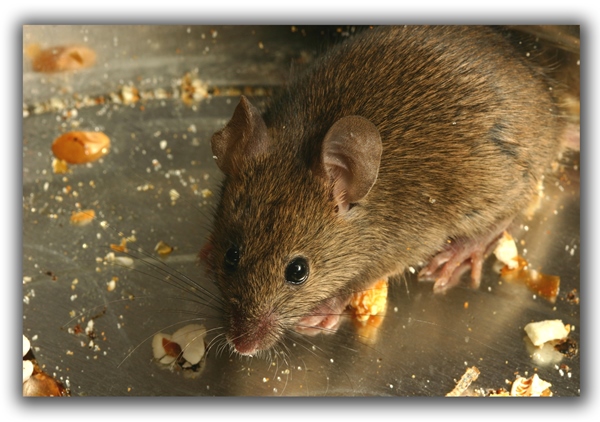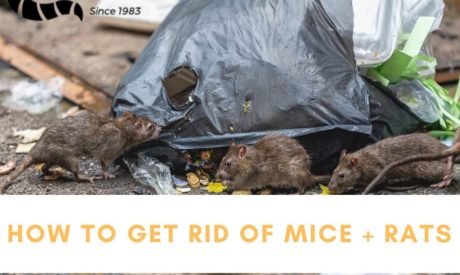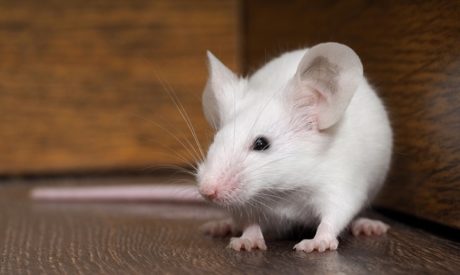 Identifying House Mice
Identifying House Mice
The house mouse is a small, slender rodent with a slightly pointed nose, small and black protruding eyes,and large haired ears, with a nearly hairless tail. They are considered among the most bothersome and economically damaging rodents in the United States. House mice live in and around homes, farms,commercial establishments, and in open fields and farm crops.
Sometimes they can be found living far from human settlements, particularly where climates are moderate. In the fall season, the onset of cold weather temperatures can cause mice to move into buildings in search of shelter and food. Mice infestations are normally indicated by mice creating gnawing sounds, climbing in walls, and running across the upper surface of ceilings. House mice burrow in grounds of fields or other areas covered by shelter, where they can build and shape their nests.
Household Mice Control
House mice are not dangerous animals, however, if you are able to identify and confirm that you have house mice invading your home, we recommend that you contact our offices and take a few steps to prepare for a technician’s arrival. Among diseases carried by house mice or the parasites they transmit, are the salmonellosis, rickettsia pox, and lymphocytic choriomeningitis. Mice are also carriers of leptospirosis, rat bite fever, tapeworms, and the organisms that cause ringworm in humans.
Critter Control of the Triangle in Raleigh has skilled Technicians and Certified Wildlife Specialists, who can help you with mice removal, trappings, and control. Mice are known to cause large amounts of economic damage to homes and commercial buildings. They have strong senses and gather anywhere where food crumbs and particles can be found. In addition, they contaminate harvests with their urine, droppings, and hair.These mice cause structural damage to buildings with their gnawing and nest-building activities. House mice often make homes in large electrical appliances, where they may chew wiring as well as insulation,resulting in short circuits that can lead to fire hazards or other malfunctions. Mice are also connected to damaging stored items in attics, basements, garages and closets. Do not hesitate to call Critter Control of the Triangle today at (919) 382-0651, if you are seeing warning signs of house mice within your home.
Disease Risks at a Glance
Mice and rats can spread many diseases to humans through direct or indirect contact.
Critter Control of the Triangle provides exterminators and extermination of mice, rats and other rodents in the Raleigh, Durham, Wake County, Apex, and Cary areas in North Carolina.
Want more information on Rodent Control?
Check out our Rodent Control Flyer for quick facts: Rodent Control Flyer
Also, take some time to look at Bell Laboratories’ fact sheet to learn more about the products we use & why: Rodent Pest Management

Are rats and mice in your home?
- Posted by gordonb
- On July 17, 2020
It’s not a reality you want to consider — dirty rodents wandering your home at night — but rats...

Mice, Norway Rats and Roof Rats – Differences
- Posted by AdminBW
- On February 26, 2017
Identifying Common Rodent Pests Rats and mice are very rarely welcome guests. Some eccentric pet owners will tell you...


















